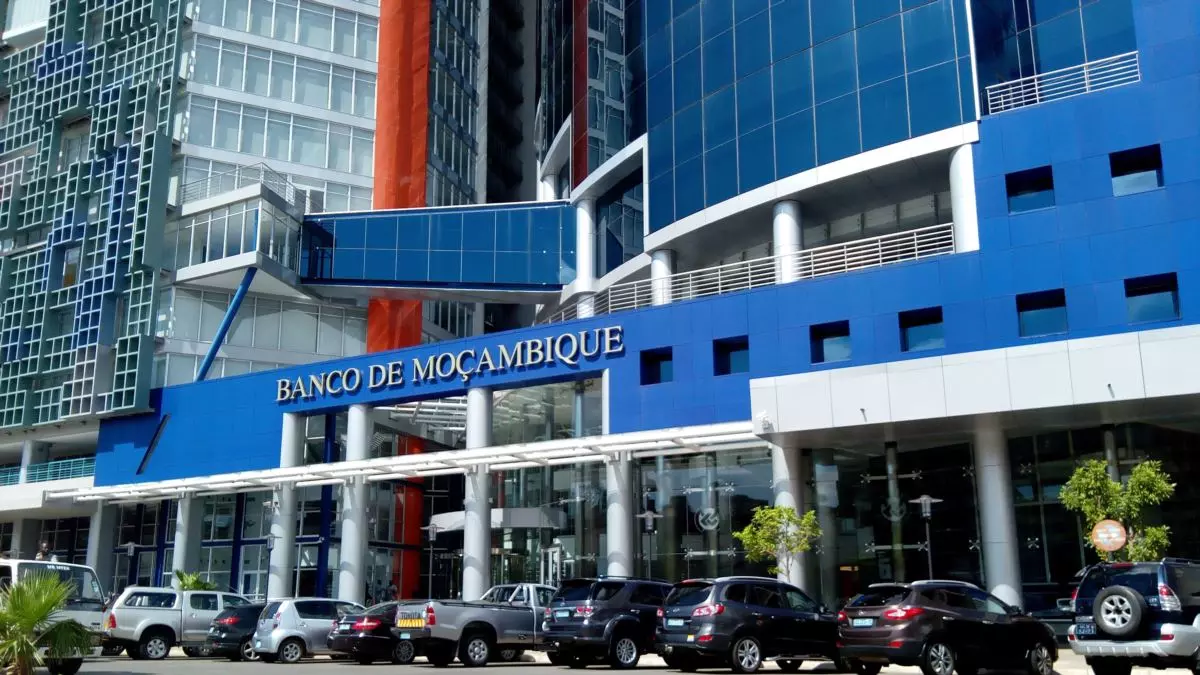The Bank of Mozambique has announced that the country has reached more than 200,000 agents for financial services via cell phone, an increase of 37% in just one year, as revealed in the statistical report made available to Agência Lusa on Thursday, November 23.
At the end of 2022, the total number of EMI agents stood at 147,519, but in just nine months of 2023, that number skyrocketed to 203,240. These agents operate through the services of mobile telecommunications operators, becoming a vital force in the Mozambican financial ecosystem.
The Electronic Money Institutions system is associated with three mobile telecommunications operators, providing citizens with convenient financial services via cell phone. These services include money transfers between customers and payment for services, representing an innovative solution that simplifies and expands the population’s access to financial services, using only mobile devices.
The Bank of Mozambique report highlights that the initiative has been a catalyst for financial inclusion, allowing a significant portion of the population to access financial services more efficiently and affordably.
Meanwhile, the Mozambican government, in its budget proposal for 2024, currently being debated in Parliament, outlines plans to continue reforms in fiscal policy. These include measures such as taxing the commissions generated by e-money agents and institutions, with the aim of increasing revenue collection and further strengthening the country’s financial sector.
The scenario of electronic money institutions in Mozambique began in 2012, with the launch of the mKesh Mobile Wallet by state-owned operator Tmcel, followed by Vodacom’s M-Pesa in 2013 and, the following year, Movitel’s e-Mola.
Highlighting the significant growth, in Maputo city alone, the number of agents offering these services on the streets reached 32,044 by the end of September, practically tripling compared to 2018.
This remarkable expansion of the Electronic Money Institutions sector in the country signals a consistent move towards a more digital and inclusive society, at the same time as the government is looking for innovative ways to strengthen the tax base and promote sustainable economic development in Mozambique.




